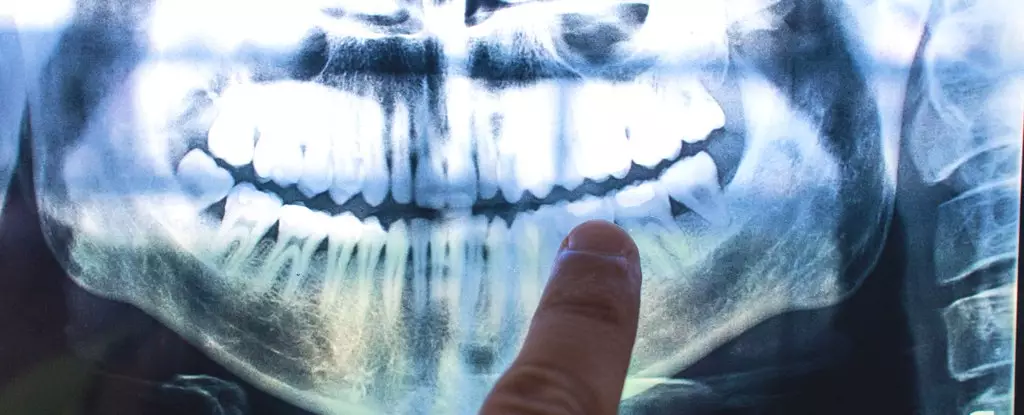Oral diseases, such as tooth decay and gum disease, are prevalent chronic illnesses affecting an estimated 3.5 billion people worldwide. These diseases not only pose a significant problem due to their commonality, but they can also lead to serious health complications. Untreated oral diseases can result in pain, infection, and even tooth loss. Research has shown that gum disease is linked to several other serious diseases such as cardiovascular disease, diabetes, Alzheimer’s disease, rheumatoid arthritis, and cancer. Moreover, oral diseases come with a significant economic burden, ranking as the fourth most expensive group of diseases to treat globally. The cost is not only financial but also includes productivity losses due to absences from work and school.
Recent research has estimated the future of oral health in the UK, revealing worrying statistics. Over half of the UK’s population could potentially be living with some form of dental disease by the year 2050. The study utilized data from the UK’s 2009 Adult Dental Health Survey to create projections using complex simulation modeling techniques. Overall, the prevalence of gum disease in the UK’s population is expected to increase from 42% to 54% by 2050. The number of individuals exhibiting signs of gum disease, such as gum pockets and gum tissue loss, is projected to rise significantly. On the other hand, the number of people with tooth decay is expected to decrease slightly for adults aged 16 to 59 by 2050, but to nearly double for those aged 60 and over. This shift in disease burden emphasizes the importance of access to quality dental care, especially for older adults.
One limitation of the study is that it assumes prevalence rates for dental diseases remain constant over time based on the 2009 data. Future studies should consider more recent survey data for more accurate projections. It is crucial to address the factors contributing to poor dental health, such as inadequate oral hygiene, infrequent access to dental care, and low socioeconomic status. The ongoing pandemic has exacerbated issues with accessing dental services in the UK, necessitating urgent action. The government has an opportunity to proactively plan for future oral health needs by integrating oral healthcare into general medical care, emphasizing preventative measures, and investing in oral hygiene education programs. Water fluoridation is also crucial in preventing tooth decay.
On an individual level, there are steps you can take to maintain good oral health. Practices such as brushing twice daily, flossing, reducing sugar consumption, quitting smoking, and moderating alcohol intake can contribute to better oral health. Regular dental check-ups are also essential, ideally every two years at least, to catch any issues early on. If you notice any changes in your oral health, it is important to seek professional help promptly.
The future of oral health in the UK looks grim unless significant interventions are implemented. The predicted rise in dental diseases underscores the urgent need for action at both the individual and policy levels to ensure a healthier future for the population.


Leave a Reply